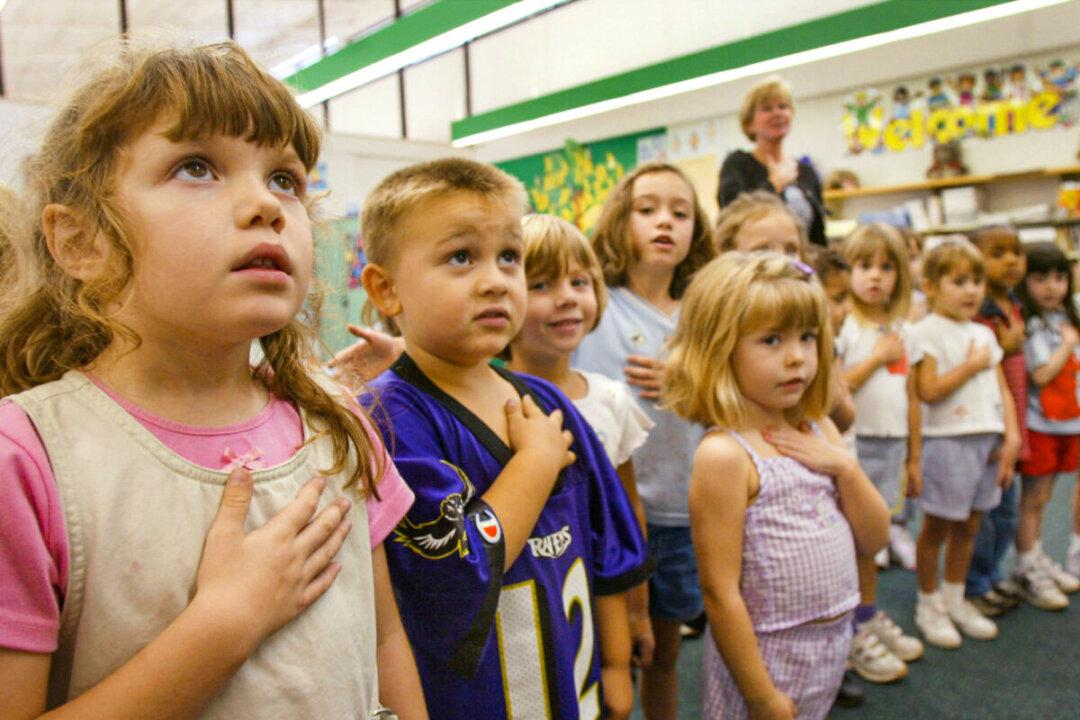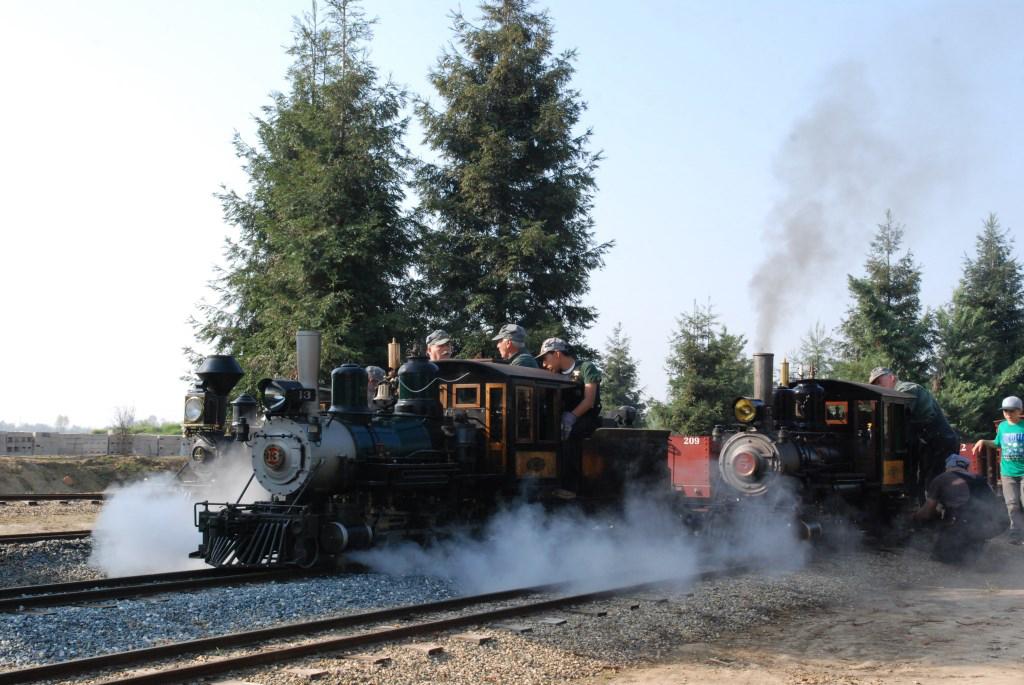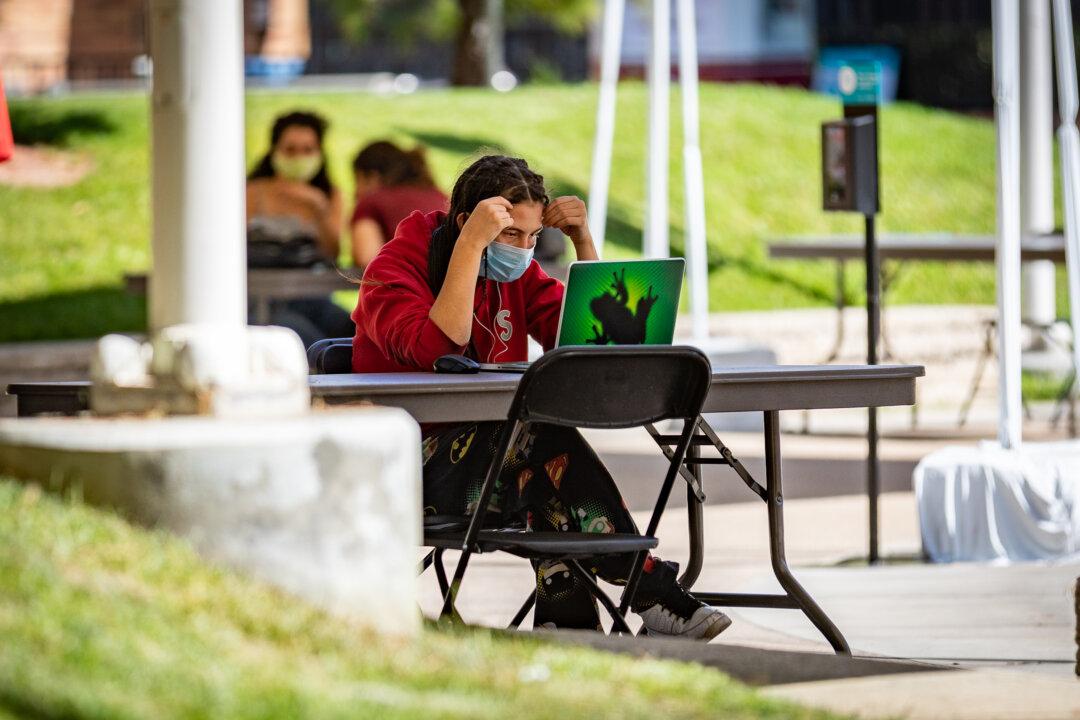The California Legislature rejected a bill during a Senate Appropriations Committee hearing last week that would have made kindergarten mandatory in the state, thwarting lawmakers’ second attempt in two years to mandate classroom attendance for young children.
Assembly Bill 2226 would have gone into effect for the 2027–28 school year and would have required full-time kindergarten attendance as a prerequisite for first grade in California public schools.





